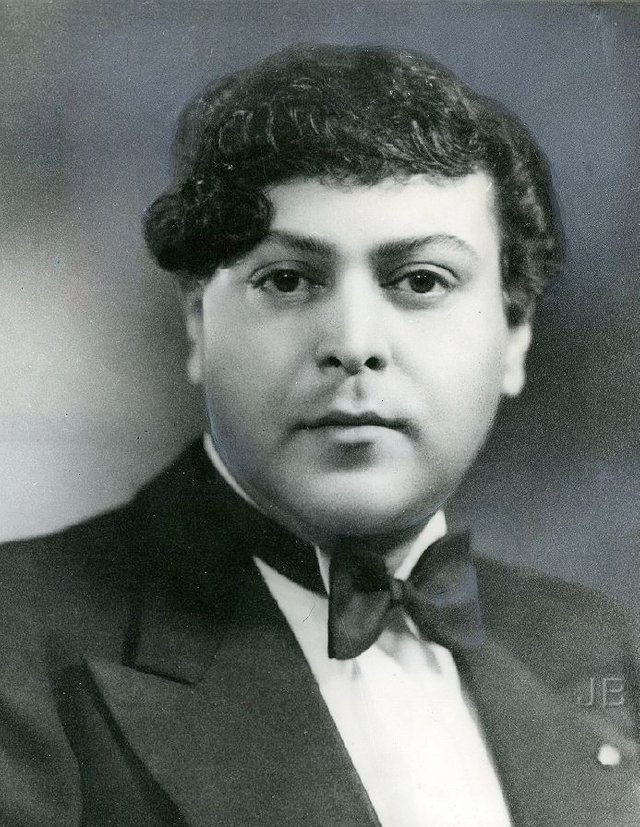King Tribhuwan Bir Bikram Shah was an important figure in Nepal's history, known for playing a central role in the country's political transformation in the 20th century. Born on June 30, 1906, he ascended to the throne in 1911 as the titular king after the death of his father, King Prithvi Bir Bikram Shah. However, during most of his early reign, real power was held by the Rana dynasty, which had established a hereditary prime ministerial rule in Nepal and had reduced the Shah kings to figureheads.
Early Life and Struggle
King Tribhuwan was crowned as a young child, and during his formative years, he witnessed the dominance of the Ranas. This elite family, through a system of oligarchy, controlled Nepal's administration, military, and finances. Despite his titular role, Tribhuwan harbored a desire to free Nepal from Rana rule and restore the Shah monarchy’s power.
Role in Nepal's Democratic Movement
Tribhuvan became a symbol of resistance against Rana rule. In the 1940s, political consciousness was rising in Nepal, and movements began to form, calling for democracy. By the late 1940s, Nepalese citizens, inspired by India's struggle for independence and the global wave of decolonization, began demanding democratic reforms.
In 1950, Tribhuwan dramatically fled to the Indian Embassy in Kathmandu, seeking asylum in India. This act of defiance became a turning point in Nepal’s political history. His exile in India marked the beginning of the end for the Rana regime. With the support of India and growing domestic pressure, King Tribhuwan's return to Nepal in 1951 marked the collapse of Rana rule and the establishment of a constitutional monarchy.
Political Reforms and Legacy
Upon his return, King Tribhuwan oversaw the establishment of Nepal's first interim government, which included both Rana representatives and members of newly emerging democratic parties. Although Nepal was not immediately democratized, this period opened the door for political reforms and the gradual development of a multi-party system.
Tribhuvan's reign paved the way for his successors, including his son King Mahendra, to further shape Nepal's political landscape. His leadership in overthrowing the Rana oligarchy has made him a revered figure in Nepal’s history. The country's main international airport, Tribhuvan International Airport, is named in his honor.
Death
King Tribhuwan passed away on March 13, 1955, and was succeeded by his son, King Mahendra. His legacy is still celebrated in Nepal, particularly for his role in ending centuries of autocratic rule and laying the foundation for a modern Nepal.

